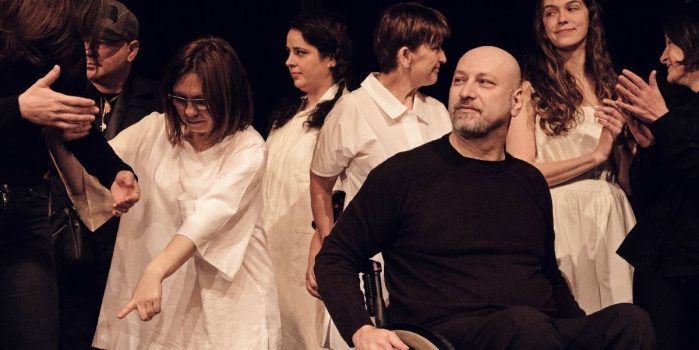Culture

This call is now closed

Supports small, medium and large scale transnational collaborative projects in Creative Europe countries. Funding is available for 3 types of projects:
Projects can cover one or more cultural and creative sectors and can be interdisciplinary.